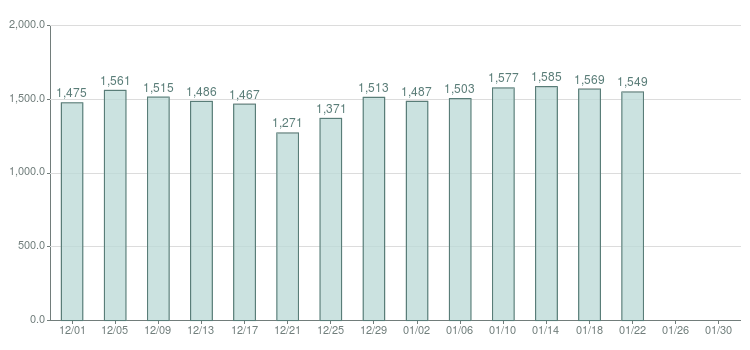I may be convinced I could eat unlimited calories on Keto as long as my macros are consistent. But I find it hard to WANT to add calories, after almost 5 months of success shooting for 1500 calories a day average. Probably something about control and discipline that just idk gets me off haha
I’m to the point where I won’t need to drop more scale weight, but am fixated on my remaining belly fat/skin, and believe I’m at about 20% body fat. So there are still several pounds there?
I get 5-10 hours or more of exercise per week… I’d love to hear from those who don’t count calories and are above 2000 regularly and don’t gain…
Thanks for this great site. It definitely supports me every day!


 Adding carbs is of no interest to me and I’m glad.With Atkins it was a ticket to overindulging. I also am interested long term in leanness, and whatever I do with my food I has to complement and enhance my physical activity.
Adding carbs is of no interest to me and I’m glad.With Atkins it was a ticket to overindulging. I also am interested long term in leanness, and whatever I do with my food I has to complement and enhance my physical activity.